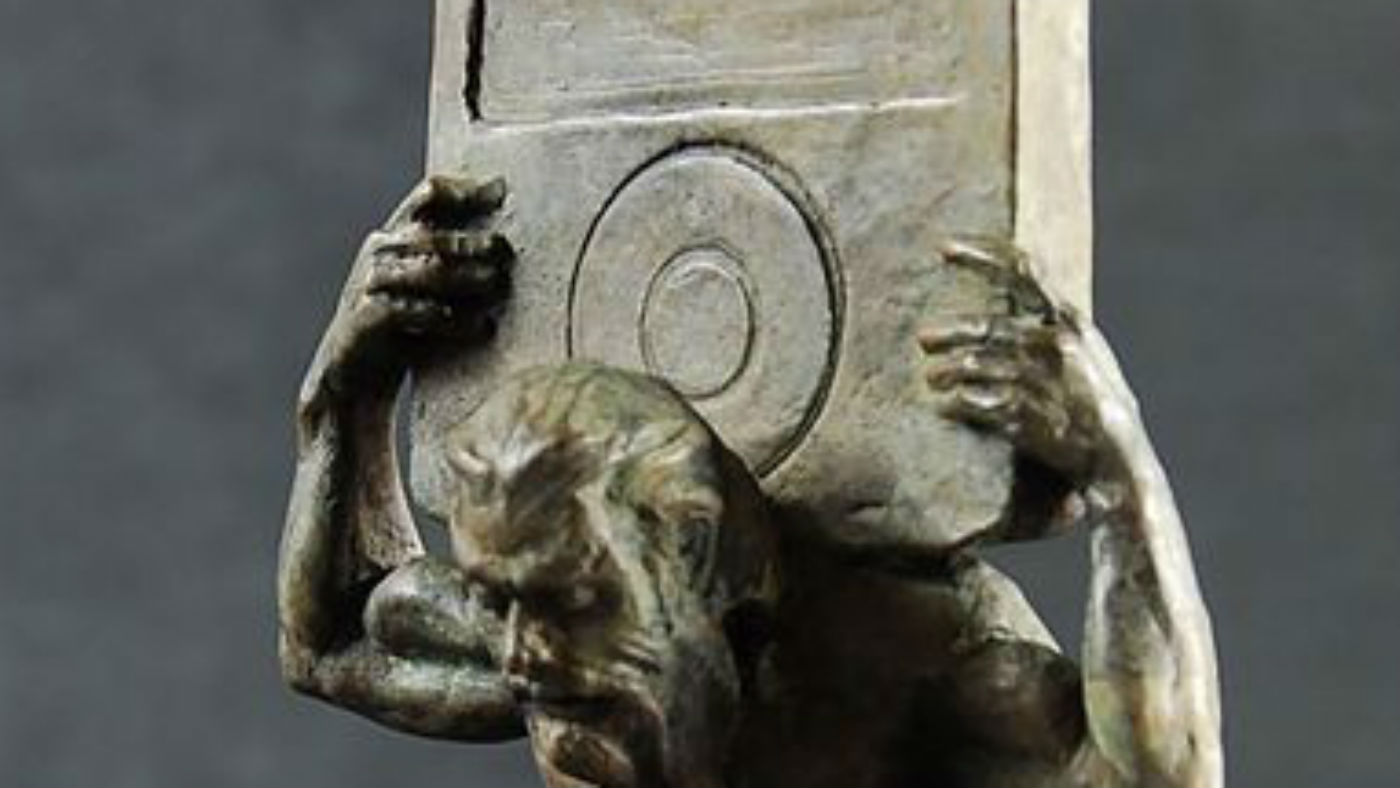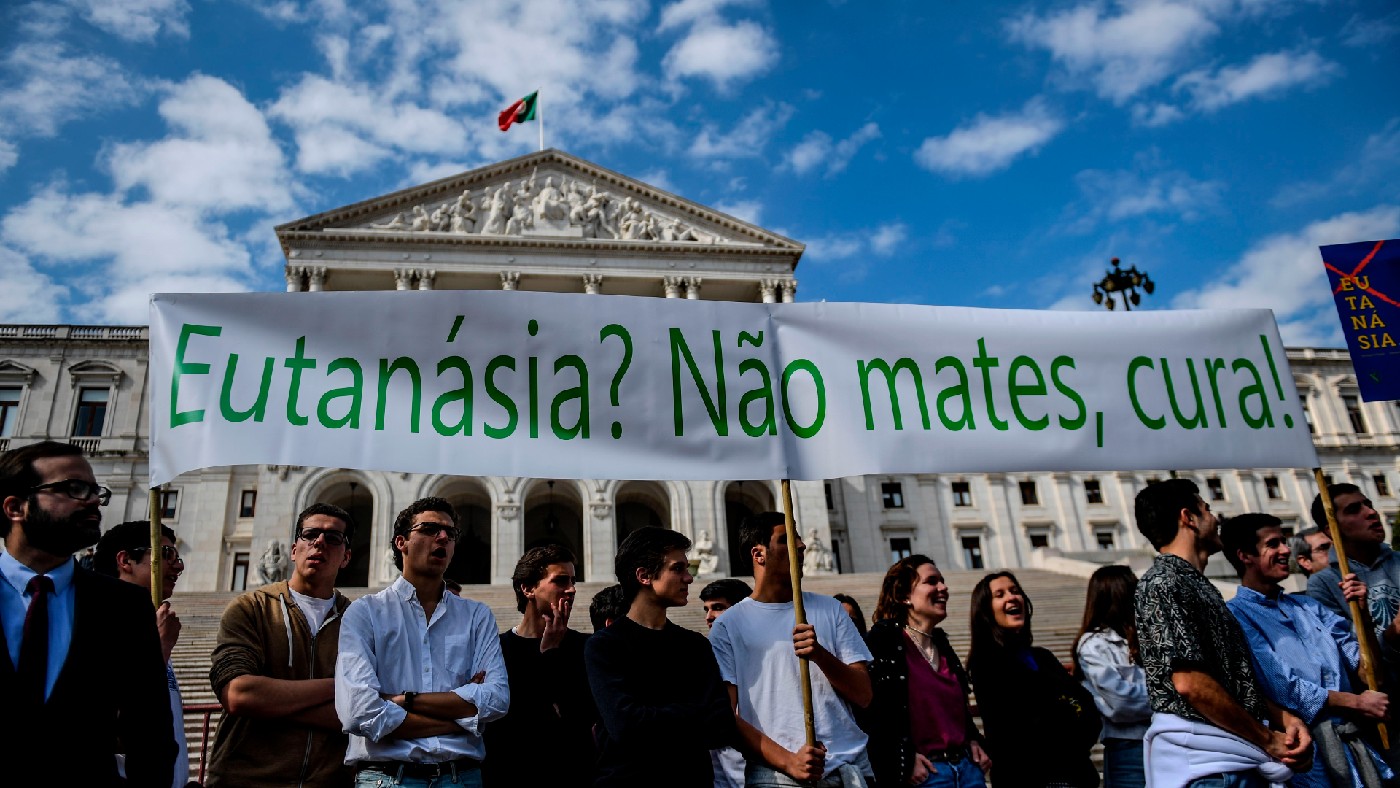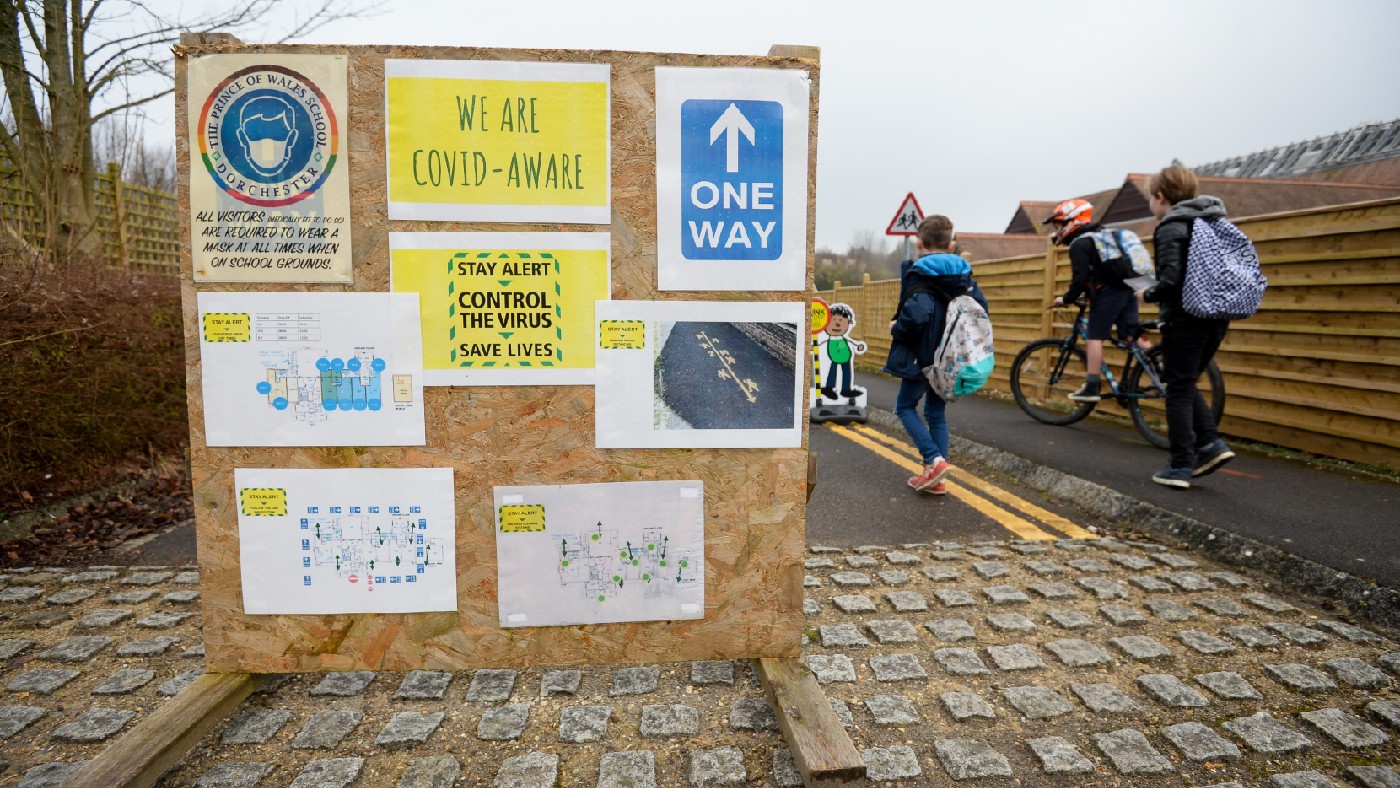VIDEO: Researchers reveal how Ancient Greek music sounded
Pioneering study leads to first hearing of songs for thousands of years

A free daily email with the biggest news stories of the day – and the best features from TheWeek.com
You are now subscribed
Your newsletter sign-up was successful
A centuries-old puzzle about the music that Ancient Greeks listened to has finally been solved, thanks to a pioneering new study.
Music was an integral part of Ancient Greek culture, with the work of artists such as Homer and Sappho intended to be performed in song. But while literary texts have provided plenty of detail about the notes, scales, effects and instruments used, the terms and notations found in such sources are unfamiliar to modern-day musicians.
Now, however, a major project led by an Oxford University professor has seen Ancient Greek music performed for the first time in thousands of years.
The Week
Escape your echo chamber. Get the facts behind the news, plus analysis from multiple perspectives.

Sign up for The Week's Free Newsletters
From our morning news briefing to a weekly Good News Newsletter, get the best of The Week delivered directly to your inbox.
From our morning news briefing to a weekly Good News Newsletter, get the best of The Week delivered directly to your inbox.
In order to replicate the ancient performance, Armand D’Angour, an associate professor in Classics, helped to design a replica of an Ancient Greek aulos - a two double-reed pipe - as well as organising musicians to sing and play the lyre.

In an article published on news site Quartz, D’Angour writes: “Central to ancient song was its rhythms, and the rhythms of Ancient Greek music can be derived from the metres of the poetry. These were based strictly on the durations of syllables of words, which create patterns of long and short elements.”
His research also revealed that elements of ancient scores indicate a technique called word-painting, “the imitation of the meaning of words by the shape of the melodic line”.
D’Angour found that if the quarter-tones functioned as “passing notes”, the composition was, in fact, tonal (focused on a pitch to which the tune regularly reverts) - a discovery that he says has major implications.
A free daily email with the biggest news stories of the day – and the best features from TheWeek.com
“The Western tradition of classical music is often said to begin with the Gregorian plainsong of the ninth century AD. But the reconstruction and performance of Greek music has demonstrated that Ancient Greek music should be recognized as the root of the European musical tradition,” D’Angour writes.
For his next project, he hopes to stage a complete ancient drama with historically informed music.
-
 Switzerland could vote to cap its population
Switzerland could vote to cap its populationUnder the Radar Swiss People’s Party proposes referendum on radical anti-immigration measure to limit residents to 10 million
-
 Political cartoons for February 15
Political cartoons for February 15Cartoons Sunday's political cartoons include political ventriloquism, Europe in the middle, and more
-
 The broken water companies failing England and Wales
The broken water companies failing England and WalesExplainer With rising bills, deteriorating river health and a lack of investment, regulators face an uphill battle to stabilise the industry
-
 Neanderthal gene ‘caused up to a million Covid deaths’
Neanderthal gene ‘caused up to a million Covid deaths’Speed Read Genetic tweak found in one in six Britons means cells in the lungs are slower to launch defences
-
 Legalising assisted dying: a complex, fraught and ‘necessary’ debate
Legalising assisted dying: a complex, fraught and ‘necessary’ debateSpeed Read The Assisted Dying Bill – which would allow doctors to assist in the deaths of terminally ill patients – has relevance for ‘millions’
-
 Vaccinating children: it’s decision time for the health secretary as kids return to school
Vaccinating children: it’s decision time for the health secretary as kids return to schoolSpeed Read Sajid Javid readying NHS England to roll out jab for children over 12, amid fears infections will rocket
-
 ‘Vaccination blunts, but does not defeat’: exploring Israel’s fourth Covid wave
‘Vaccination blunts, but does not defeat’: exploring Israel’s fourth Covid waveSpeed Read Two months ago, face masks were consigned to bins. Now the country is in a ‘unique moment of epidemiological doubt’
-
 Thousands told to self-isolate in Covid app pinging error, claims Whitehall whistleblower
Thousands told to self-isolate in Covid app pinging error, claims Whitehall whistleblowerSpeed Read Source says Matt Hancock was privately told of the issue shortly before he resigned as health secretary
-
 Record 5.45m people on NHS England waiting lists
Record 5.45m people on NHS England waiting listsSpeed Read Health chief warns that crisis is nearing ‘boiling point’ as backlog grows
-
 Covid testing: the ‘great new game of holiday roulette’
Covid testing: the ‘great new game of holiday roulette’Speed Read On one day last week, the price of a private PCR test ranged from £23.99 to £575
-
 San Marino is first European country to offer ‘vaccine vacation’
San Marino is first European country to offer ‘vaccine vacation’Speed Read Tiny landlocked nation to give Russian Sputnik vaccine to paying tourists